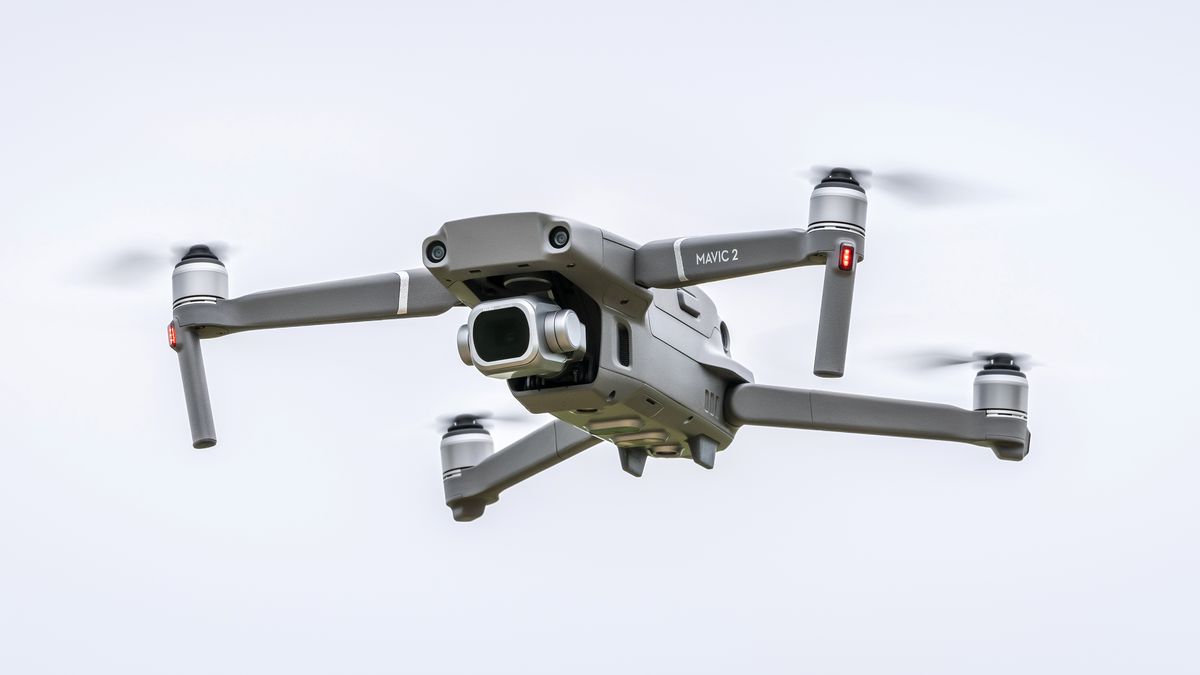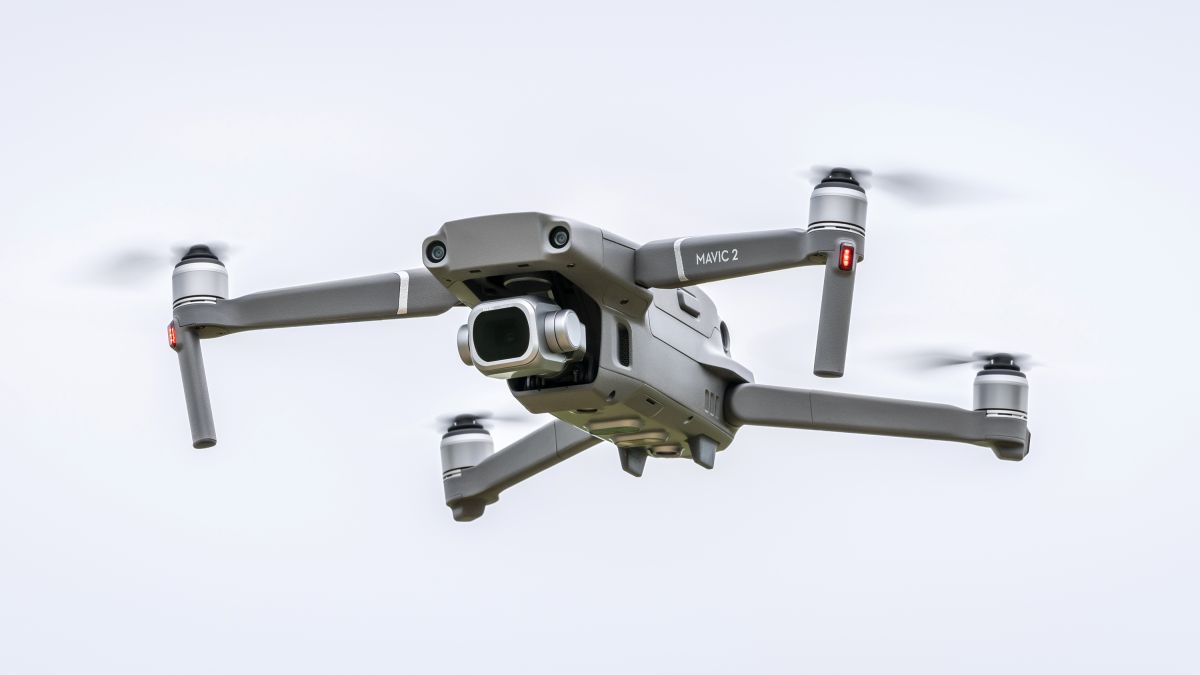
India seems to be cracking the whip on the use of unmanned drones.
The Civil Aviation Ministry, in a notification on Unmanned Aircraft System (UAS) Rules, 2021, has spelt out the norms for operating UAS or drones. Importantly, it lists the quantum of punishment for unauthorised flying and manufacturing drones which range from Rs 25,000 to Rs 5 lakh.
And before you ask, let us also tell you: The new rules do not allow using drones to deliver goods.
The rules, which were finalised after about ten months of consultations, say drones weighing more than 250 grams can only be flown by a remote pilot with permission from the Directorate General of Civil Aviation (DGCA) for every flight. Flying a drone by a person who is not a licensed remote pilot will also be an offence.
The rules classify drones based on weight, spell out who is eligible to import, manufacture, trade, own or operate an unmanned aircraft, places where drones can be operated, and fine to be imposed if the rules are broken.
The new laws have kicked in from last Friday.
Drones are no-go in these areas
As per the new drone laws, they cannot be flown within five kilometres of international airports at Mumbai, Delhi, Chennai, Kolkata, Bengaluru and Hyderabad, and at a distance of three kilometres from any civil, private or defence airport.
Flying drones is also prohibited within a distance of 25 km from international borders. Locations around military installations or where military activities take place are also beyond the ken of flying drones.
A penalty of Rs 50,000 will be imposed on individuals who operate a drone over a no-operation area.
A fine between Rs 25,000 to Rs 50,000 will be imposed if an individual imports, manufactures, buys, sells or leases an unauthorised unmanned aircraft system.
A fine of Rs 5 lakh can be imposed on unauthorised import of unmanned aircraft system or parts or components.
Individuals importing, manufacturing, trading, owning or operating drones must be citizens of India and above 18 years of age.
In case of a company, it must be registered and have its principal place of business in India, and the chairperson and at least two-thirds of its directors must be citizens of India.
Drones only for photography
The thing is drones will not be allowed to operate beyond visual line of sight. That would prevent them being used for delivery of goods. Typically these fancy flights will be used only for photography, security and various information gathering purposes.
Use of drones in safety, law and order, disaster management and surveillance operations will be done based on the situation, it is said.
In India, registration of all drones, except the ones in Nano category is mandatory.
For the record, drones in India fall under 5 categories based on their weights.
Nano: Less than or equal to 250 grams
Micro: From 250 grams to 2kg
Small: From 2kg to 25kg
Medium: From 25kg to 150kg
Large: Greater than 150kg
In India, there are specific requirements for drones. Aside from Nano category ones, all drones must have GPS, Return-to-home (RTH), anti-collision light, ID plate, a flight controller with flight data logging capability and RF ID and SIM/No Permission No Takeoff (NPNT).
These rules come at a time when the pandemic has highlighted the need for technology that reduces human contact and costs. The various stakeholders feel some aspects of the rules may be too forbidding. On the other hand, despite useful applications, drones can also be a privacy threat.
